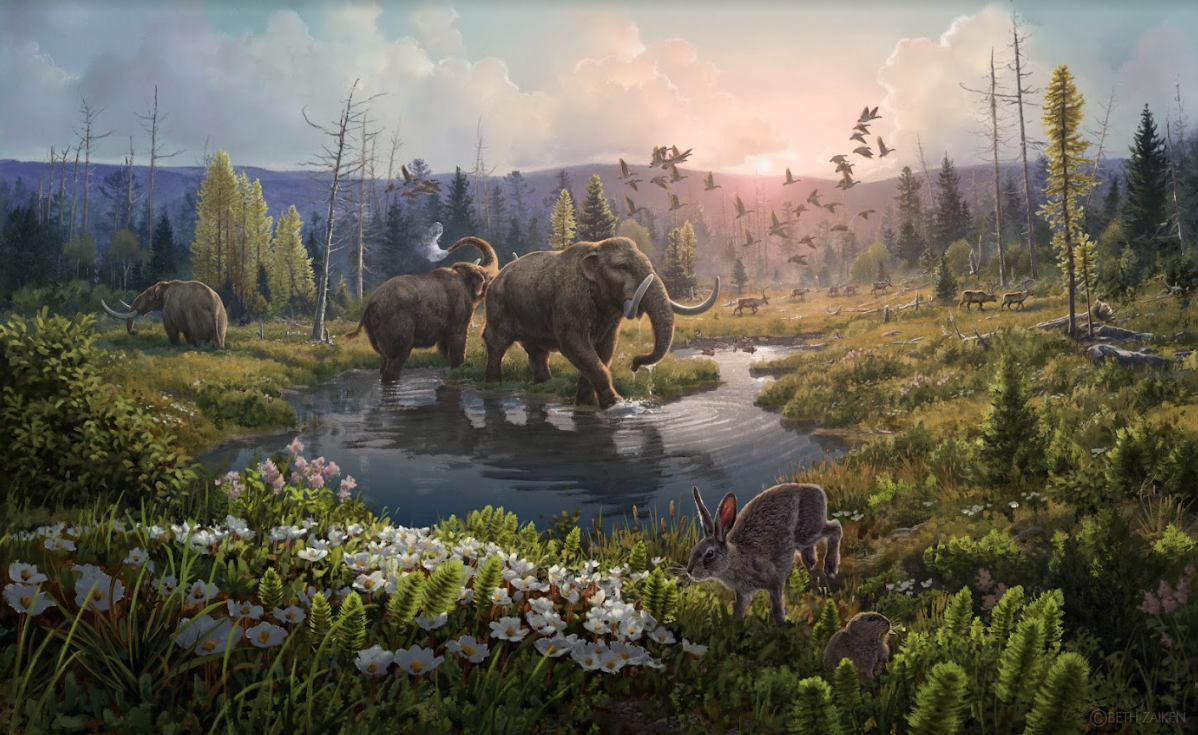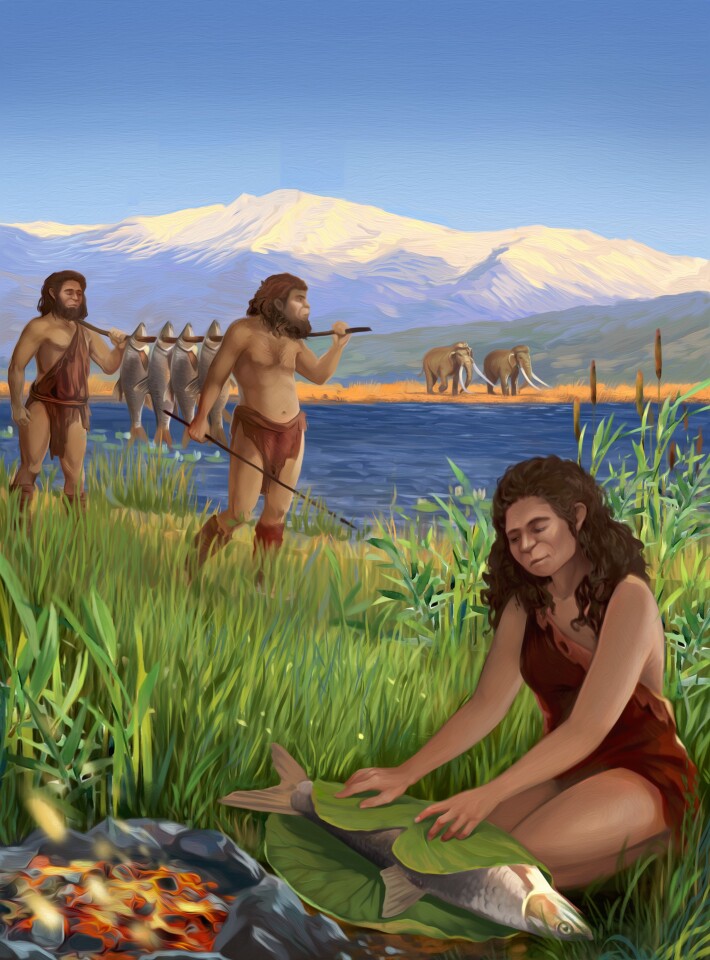Resurrected 2.6-billion-year-old CRISPR enzymes can still edit cells
Researchers in Spain have resurrected ancient CRISPR proteins from millions and even billions of years ago. Not only can they still edit human cells, but they’re more versatile than modern versions, paving the way for new and improved synthetic CRISPR … Continue reading Resurrected 2.6-billion-year-old CRISPR enzymes can still edit cells

